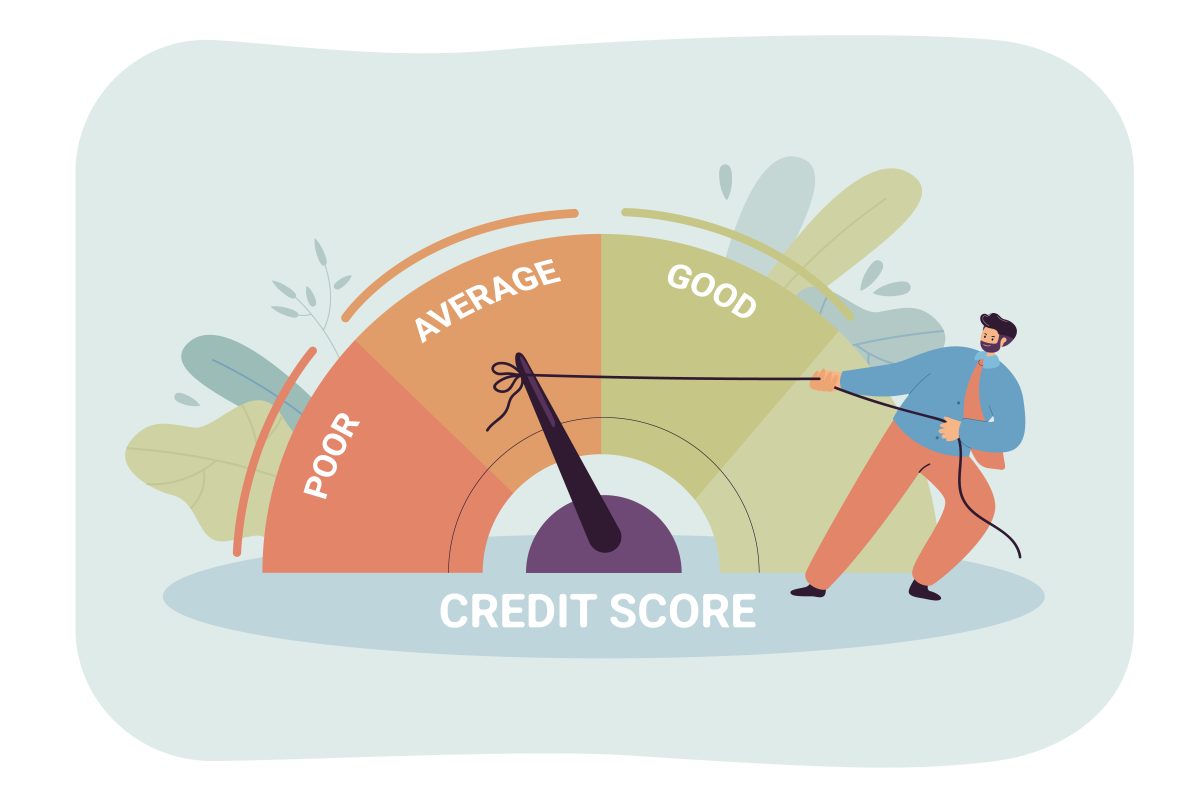Table of contents
Credit scores play a crucial role in our financial lives. They determine our eligibility for loans, credit cards, and even rental agreements. But what exactly is a credit score? A credit score is a three-digit number that represents your creditworthiness based on your credit history. It ranges from 300 to 850, with a higher score indicating a better creditworthiness. If you’re wondering how to increase your credit score, this guide will provide insights into navigating and improving this vital financial metric.
The Importance of a Good Credit Score
Having a good credit score is essential for various reasons. Firstly, it increases your chances of being approved for loans and credit cards. Lenders use your credit score to assess the risk of lending you money. A higher credit score means you are less likely to default on payments. Secondly, a good credit score can help you secure more favourable interest rates on loans and credit cards. This can save you thousands of dollars over time. Lastly, a good credit score can even impact your ability to rent an apartment or get a job. Landlords and employers often check credit scores to evaluate an individual’s financial responsibility.
Factors That Affect Your Credit Score
Understanding the factors that affect your credit score can empower you to take control of your financial future. The main components considered in calculating your credit score include payment history, credit utilisation, length of credit history, credit mix, and new credit. Payment history is the most significant factor, accounting for approximately 35% of your credit score. It reflects your track record of making timely payments on loans and credit cards. Credit utilisation, which accounts for about 30% of your score, refers to the percentage of available credit you are using. Length of credit history, credit mix, and new credit each contribute around 10% to your overall score.
How to Increase Your Credit Score
Now that you understand the importance of a good credit score and the factors that influence it, let’s explore some strategies to increase your credit score. Start by paying your bills on time. Late payments can have a significant negative impact on your credit score. Set up automatic payments or create reminders to ensure you never miss a due date. Additionally, reducing your credit card balances can have a positive effect on your credit score. Aim to keep your credit utilisation below 30% of your available credit. Another effective way to boost your credit score is to avoid opening unnecessary new credit accounts. Each new credit inquiry can temporarily lower your score.
Tips for Improving Your Credit Score
In addition to the strategies mentioned above, there are a few more tips to help you improve your credit score. Regularly reviewing your credit report is essential. Look for any errors or inaccuracies and dispute them with the credit bureaus. Paying off outstanding debts can also have a positive impact on your score. Consider creating a budget and allocating a portion of your income towards debt repayment. Lastly, be patient. Building a good credit score takes time and consistent responsible financial behaviour. With time, your credit score will improve, opening doors to better financial opportunities.

Rent to Own Cars: A Solution for Low Credit Scores
If you have a low credit score and need a vehicle, rent to own cars can be a viable solution. With traditional car financing, a low credit score can lead to high-interest rates or even loan denials. Rent to own cars, on the other hand, provide an opportunity for individuals with low credit scores to secure a vehicle without undergoing a credit check. In a rent to own car agreement, you make monthly payments towards owning the vehicle over an agreed-upon period. This not only allows you to drive a car but also helps you build your credit history.
Building Credit with Rent to Own
Rent to own car contracts can be an excellent way to build your credit score. By making timely payments on your rent to own car, you demonstrate financial responsibility to future lenders. Rent to own companies often report your payment history to credit bureaus, which can positively impact your credit score. However, it’s essential to ensure that the rent to own car company reports to credit bureaus before entering into an agreement. This will help you maximise the credit-building potential of the arrangement.
Key Takeaway
A good credit score is essential for a variety of financial opportunities. By understanding how credit scores work and implementing strategies to improve them, you can unlock a world of financial possibilities. Rent to own cars offer a solution for individuals with low credit scores who need reliable transportation while simultaneously building credit. Whether you choose rent to own or explore other options, remember that responsible financial behaviour is the key to boosting your credit score. Take control of your financial future today and watch your credit score soar.
Ready to take control of your credit score? Explore rent to own car options and other resources for improving your credit today.


